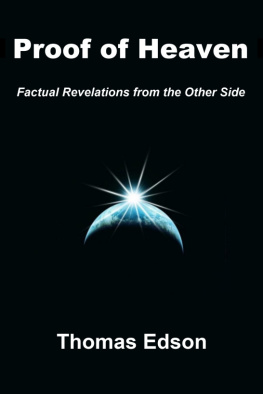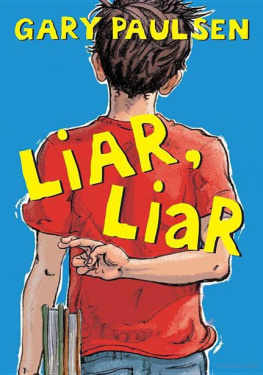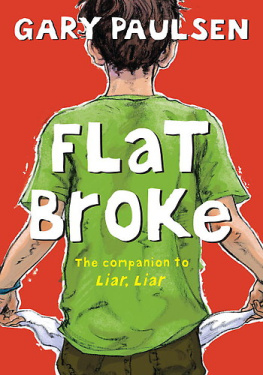
Museum Ethics in Practice
This volume is a guide to the difficult ethical questions museums work entails. While promoting the value of ethical theory and practice in museums, Edson tackles several key controversies and also corrects a number of prevailing misconceptions about museum ethics, such as the difference between social morals and professional ethics as they relate to the museum context.
Drawing on the authors extensive teaching experience, Museum Ethics in Practice offers clear and practical guidance on the application of ethics to the museum profession. Using example-driven arguments that incorporate varied case studies from around the world, this book is an excellent resource for museum studies students and professionals currently working in museums.
Gary Edson is Professor Emeritus of the Center for Advanced Study of Museum Science and Heritage Management at the Museum of Texas Tech University, USA, where he was also Executive Director of the renowned museum for twenty-five years. He has worked closely with ICOM as a member of the Executive Council and member of the Ethics Committee, and continues to lecture internationally.
First published 2017
by Routledge
2 Park Square, Milton Park, Abingdon, Oxon OX14 4RN
and by Routledge
711 Third Avenue, New York, NY 10017
Routledge is an imprint of the Taylor & Francis Group, an informa business
2017 Gary Edson
The right of Gary Edson to be identified as author of this work has been asserted by him in accordance with sections 77 and 78 of the Copyright, Designs and Patents Act 1988.
All rights reserved. No part of this book may be reprinted or reproduced or utilised in any form or by any electronic, mechanical, or other means, now known or hereafter invented, including photocopying and recording, or in any information storage or retrieval system, without permission in writing from the publishers.
Trademark notice: Product or corporate names may be trademarks or registered trademarks, and are used only for identification and explanation without intent to infringe.
British Library Cataloguing in Publication Data
A catalogue record for this book is available from the British Library
Library of Congress Cataloging in Publication Data
Names: Edson, Gary, 1937 author.
Title: Museum ethics in practice / Gary Edson.
Description: Abingdon, Oxon ; New York : Routledge, an imprint of
the Taylor & Francis Group, 2017. | Includes bibliographical references
and index.
Identifiers: LCCN 2016024161 | ISBN 9781138676350 (hardback :
alk. paper) | ISBN 9781138676343 (pbk. : alk. paper) |
ISBN 9781315560137 (ebk)
Subjects: LCSH: MuseumsMoral and ethical aspects. | Museums
ManagementMoral and ethical aspects. | MuseumsEmployees
Professional ethics.
Classification: LCC AM7 .E333 2017 | DDC 174/.9069dc23
LC record available at https://lccn.loc.gov/2016024161
ISBN: 978-1-138-67635-0 (hbk)
ISBN: 978-1-138-67634-3 (pbk)
ISBN: 978-1-315-56013-7 (ebk)
Typeset in Bembo
by Apex CoVantage, LLC
Contents
Ethics fulfills a critical function for the international museum community. It brings museum personnel together and enhances professionalization by guiding individuals toward a greater understanding of their roles and responsibilities. Ethics verifies norms for people engaged in museum activities whether paid or volunteer. Ethics identifies the museum profession as being unique, and generates a sense of pride in museum personnel by recognizing the special role of museums as preservers and protectors of the cultural and natural heritage.
I published the first book dedicated to museum ethics in 1997 to promote ethics as a guide for the international museum community, and to give greater understanding of the role of ethics in museum professionalism. Twenty years later, the twenty-first century has added significant opportunities as well as challenges for the museum community and no challenge is greater than maintaining an ethics institution while attempting to address the changing social, financial, and cultural environment.
The functional circle in which museums exist has expanded to become more inclusive, more demanding, and more incredible. Care of collections is a continuing responsibility, but care of people has gained equal status. Marketing and communication have moved to previously unimagined heights, and the levels of educational programming and public service have generated a completely new platform for museums as centers of social inclusion.
Museums have proliferated in part because of their attitude of public service. They were formed around special collections to reflect the interests, beliefs, and spiritualities of the communities in which they were founded. Although the objects were the heart of museums, collections and the collecting process have been reoriented to give substance and purpose to a range of social opportunities. In this changing environment, traditional attitudes toward research, service, and education have found new means of expression.
In response to new expectations, many practices of the past are being bypassed by innovative activities to attract and invigorate audiences. Although the role of museums in society is changing, caring and respect are ideals that continue to resonate throughout the international museum community. The ideals of ethics are essential elements of professional conduct. Ethics is about how museum people view their professional reality, why they associate value with that perspective, and how they fulfill their responsibilities.
The message of museum ethics has not changed since they were first identified, and that continuity gives ethics vital importance to the international museum community. Ethics identifies the expectations of people in positions of public trust and binds them to norms that exceed ordinary morality.
The words in this publication express the ideals of professional ethics, but it is individual effort that transforms words into actions. Ethics is a practical process of directing the energies of museum personnel to produce the most benefit for the public, the collections, and the profession. That was the motive for the first code of ethics for museum workers a century ago, and it remains the same today.
[T]he difficulties and disagreements, of which history is full, are mainly due to a very simple cause: namely to the attempt to answer questions, without first discovering precisely what question it is which you desire to answer.
There are four central questions considered in this book: 1) What is museum ethics? 2) What is the difference between social ethics (morals) and professional ethics as they relate to the museum profession? 3) What is the value of ethics as it relates to the museum profession? 4) Why is professional ethics important to the museum profession? These are practical questions requiring practical answers.
This book is designed as a guide to ethical museum practices. It is not a how-to book or an instruction manual, but a guide to ethical thinking and acting. This book is not about old or new ethics; it is about ethics as a central part of professional museum practice.
People act responsibly when their actions are in conformity with reason and performed in the best way to achieve a goal defined by professional ethics, including care of heritage and service to humanity.








